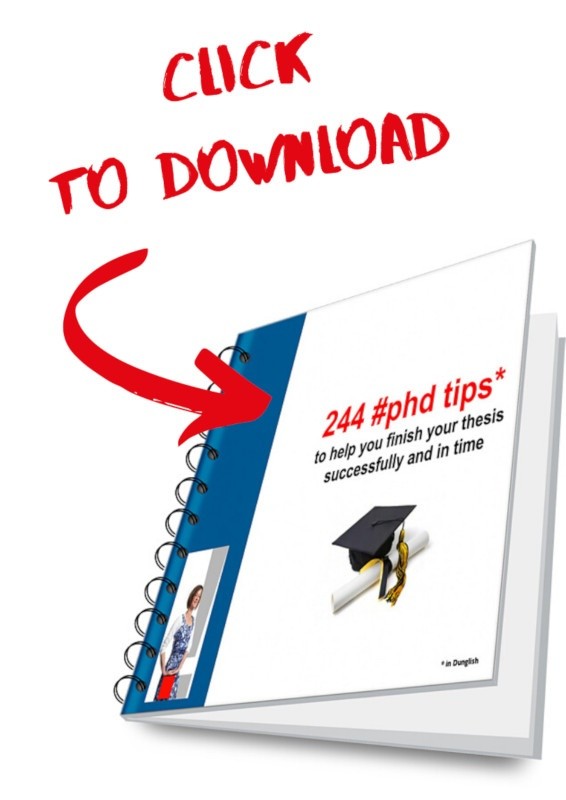A while ago I reread Marinus Knoope’s book The Creation Spiral (De Creatiespiraal 1998). The book is about the natural cycle from wish to reality, as mentioned in the sub title. In the book the writer explains how your wishes can become reality. He compares this cycle with the natural process of growing fruit.
In winter fruit trees are leafless and the roots take up all the energy. In spring, the tree starts to blossom, then the blossom drops and leaves start to appear. In the summer the tree is completely green and the buds of the blossom start to grow which results in a tree laden with fruit. In autumn the tree lets go of the fruit, followed by the leaves. The tree retracts the energy in its roots, which is much needed for the blooming of the blossom the following spring.
It is a natural cycle. According to Marinus Knoope you can conclude that ‘like the apple tree knows for sure that his blossom will result in fruit, you will know for sure that your wishes are a foreboding of what you will experience’.
How does this translate to your research?
It all started in winter. Once you had the wish to write a thesis, to become a PhD student. You started to visualize how that would be; you imagined it. As a result of this imagination you began to believe that you could actually do it!
Then spring arrives: a new beginning, as it seems. You started to express yourself and stated that you would like to commence your PhD. Probably some people told you that it was a great idea, others gave you tips and from then on you started to investigate what needed to be done to become a PhD student. You made a planning: when should my research proposition be ready, when is the interview and according to the career you envisaged you considered your action plan.
Then summer approaches, the growing season.
You made the decision to start with your plans. You are in the middle of the action; you started your PhD program. And to make sure you realize the wish to be a PhD student you need to persevere, despite all obstacles, troubles and difficulties.
Autumn has arrived with the harvest season. If you persevere you will harvest as well and end up with your PhD title. You will receive all the accolades and best wishes. Appreciation will be laden on you and you will appreciate what you have achieved, you will enjoy this accomplishment! Then you can finally relax and unwind. You can sit back and reflect so new wishes can bubble up. And the cycle can start again.
Your PhD is a continuous cycle of creation for different parts of your research, writing an article, preparing a presentation. But how does this creation spiral relate to good planning?
Marinus Knoope presents some interesting ideas. What is planning? Planning is making a deal with others and yourself. To plan is actually to make a promise, promise that you will do as planned, as far as you can oversee. You make the transition from fantasy to goal-oriented steps, from thinking about research to actually doing it, from thinking about writing to actually compose something. Make sure you don’t loose sight of the fact that your planning is not your goal.
To plan can be a great experience; you are fulfilling your wishes, your ambitions. A planning might give you some pressure, however this pressure should feel confortable otherwise it will be discouraging in stead of stimulating.
A planning without margins or not making a planning at all can be demotivating and might result in procrastination. The art is to plan in such a way that it is stimulating and still realistic.
Unfortunately what happens often when you lose your passion, is that you will use your planning to motivate yourself instead of focusing on your original wish (why did I want to achieve a PhD in the first place?). This won’t work. You feel the lack of passion, you don’t know what you are doing and demotivation seeps in. You will regard your planning in a disorderly and unreliable way. You could end up hating your planning while it is such a helpful instrument.
A phrase from the book: ‘Ask yourself: “Do you plan or are you planned?” Reflect if today’s planning is compliant to the realization of your ideals (which is attaining your PhD!). Is the action point in your diary actually the result of your chosen strategy or at least the strategy that you are passionate about?
A disturbing fact: Knoope says that if you are not motivated you probably are not focussed on realizing your wish. The question will then arise: ‘do I really want to attain my PhD?’ or ‘what was the reason why I wanted to be a PhD student?’, ‘what was my ideal?’. If you can answer this question your motivation is usually on the mend.
Do you struggle to answer? Then ask yourself what your wish is. The answer might be not to pursue your PhD.
Do you want to stay informed about all the handy tips, tricks and tools? Receive 244 #phd tips and get the newsletter as a bonus! Register here.





